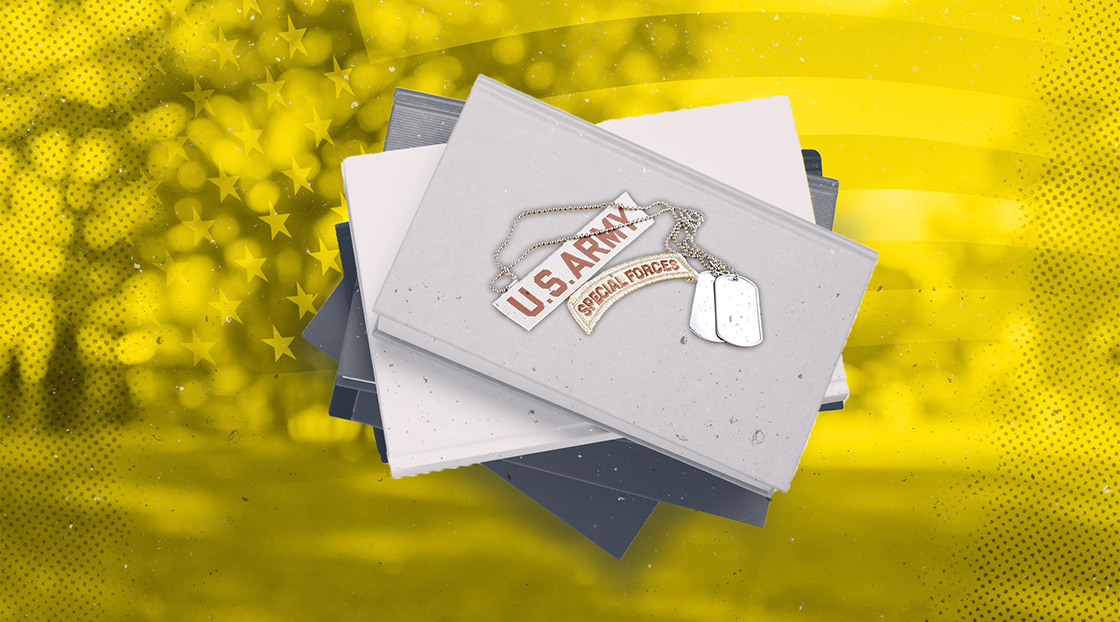I am sure you have seen the ongoing debate about the value of a college degree and does the return match the investment. Typically, the debate centers on how expensive it is to earn a college degree, compared to 20 years ago, as well as the crushing debt incurred by degree seekers.
In this article, I do not plan to disagree with these assertions. The cost to attend college is high, and debt is a big problem. Instead, I want to discuss how the value of college is more than just a piece of paper. There are several caveats, of course. College is not for everyone, and having a plan in conjunction with attending the right college would be ideal. However, no two individuals have the same opportunities or situations.
Having said that, organizations such as Service to School and the Warrior-Scholar Project are assisting veterans with entry into more selective institutions, and the data shows that assistance improves these outcomes. Adding these organizations to existing Veterans Affairs education benefits, as well as the Yellow Ribbon program, means that debt can be reduced or eliminated for veteran students.




